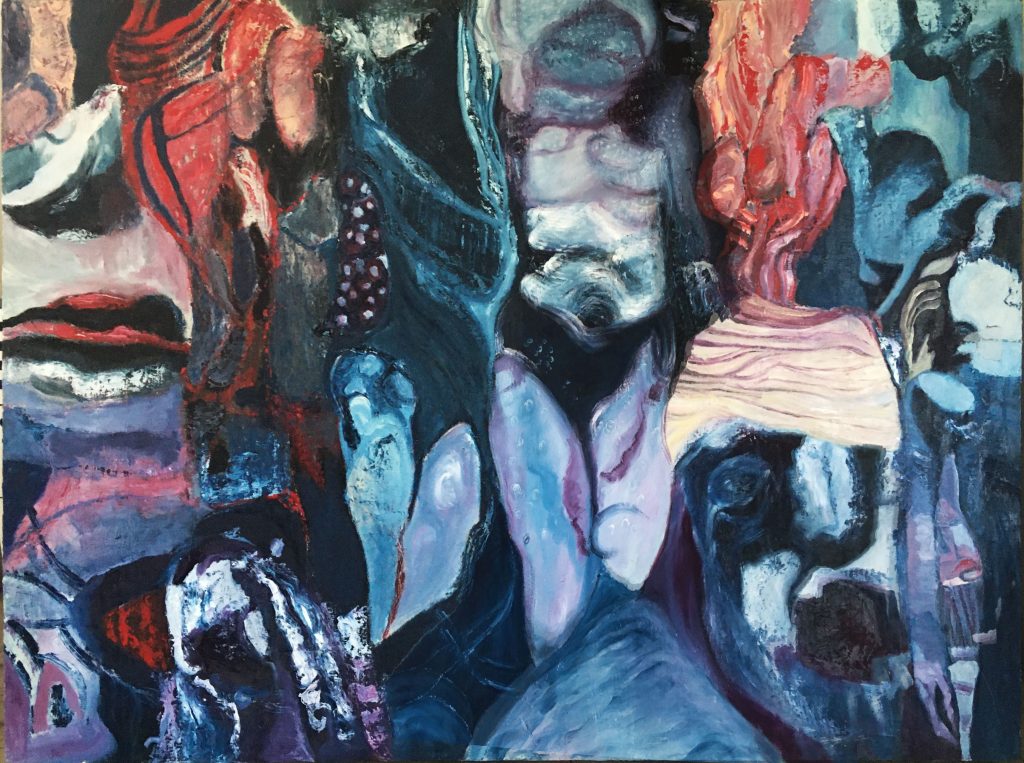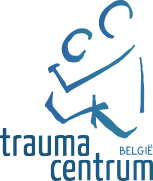Psychotrauma therapy
The word trauma (from Greek) literally means wound, injury, damage from external violence.
Today, the word trauma is also used to refer to a shocking incident, the traumatic event itself, which leaves deep marks on the person.
There are intense, unbearable emotions of fear, helplessness, panic, anger....
Trauma?
- Impersonal stressors (natural disaster, accident...)
- Interpersonal stressors (criminal violence, rape, war...)
- Prenatal trauma.
- Attachment trauma: the trauma is inflicted in an attachment relationship.
- mistreatment (physical, emotional, psychological, sexual).
- neglect (physical, emotional, cognitive, social).
- Other traumatic experiences in the parent-child relationship

RELATED
PTSD (Post Traumatic Stress Disorder):
- Reliving the trauma.
- Change in mood and future outlook
- Increased arousal.
- Body symptoms: The system is in a state of alert (Small triggers trigger a large stress response)
- Increased vigilance: an intensified startle response.
- Headache, abdominal cramps, enuresis and shortness of breath.
- Because of the increased arousal in the present: all kinds of unexplained and unpleasant sensations such as pain, anxiety...
- Exhaustion. Consequences include muscle tension, gastrointestinal complaints, sleep problems and difficulty concentrating.
- Psychobiological consequences: Hyperarousal.
- Dissociative disorder.
- Disorders of sexuality.
- Impulse regulation disorders.
- Disorders in interpersonal relationships.
- Cognitive disorders.
- Disorders of self-esteem.

(D'Hooghe & Brack, 2025)
Developmental Model of Dissociation
- Prenatal Trauma
- Attachment Trauma
- Unseen Attachment Trauma
- Complex Trauma
- Intergenerational Trauma
- Individual Self
- Parent Parts
- Inherent Powers
- Availability:
- Responsivity
- Perceiving capability
- Mentalization
- Reflective functioning
- Internal attunement
- Self regulation
- Sensitivity
- Attunement
- Mirroring
- Containment
- Interrelational regulation
- Presence
- Attachment energy (delight)
- Life energy (playfull)
- Love energy (delight)
- Will
- Responsivity
- Six developmental areas
- Dissociative reactions
- Timeframes
- Assessment
- Mapping
- Diagnosis
- Treatment plan
Practical interpretation
- Psychobiological consequences: Hyperarousal.
Dissociative disorder.
Disorders of sexuality.
Impulse regulation disorders.
Disorders in interpersonal relationships.
Cognitive disorders.
Disorders of self-esteem.
